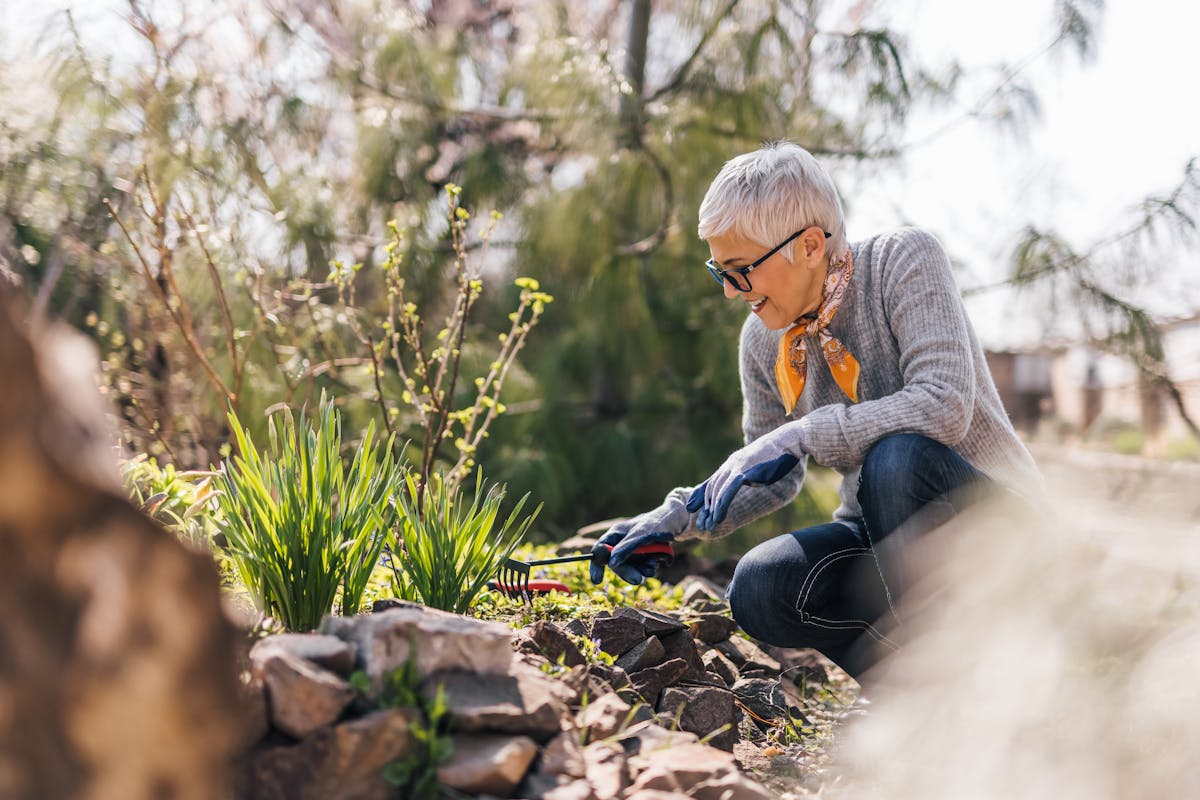Tips for Growing a Kitchen Herb Garden

If you are trying to eat healthier, limiting sodium intake may be one of your goals. A great way to accomplish that is to replace the salt in your food with fresh herbs. In addition to being less expensive than dried herbs and spices, fresh herbs can be more flavorful. And unlike packaged seasonings that may contain gluten and other fillers, kitchen herbs are typically better for you. Fortunately, it’s fairly easy to plant and nurture a kitchen herb garden, indoors or out.
What Herbs Grow Well Inside?
For those who live in northern climates, a sunny windowsill can be a great spot to grow herbs. Depending on the types of foods you and your family enjoy cooking, a few herbs to consider adding to your indoor garden could be:
- Rosemary
- Mint
- Basil
- Cilantro
- Parsley
- Thyme
- Oregano
If your home doesn’t have a sunny spot for an herb garden, there are some plants that do well even in the shade. Those include golden oregano and lemon balm (which doesn’t like much sun at all!). Chives and parsley might also be more tolerant of not receiving a lot of sunlight. Microgreens are another solution to consider. You can grow microgreen herbs in very compact spaces.
Tips for Growing Herbs Indoors or Out
What do you need to know about growing herb gardens before you start planting? Keep these pointers in mind:
- Choose the right containers: Herbs don’t like soggy roots. Be sure to select pots that have a drainage hole or add a layer of small pebbles or gravel to the bottom of the pot.
- Avoid a mess: Since your little garden will need to be watered regularly, you’ll want to take steps to prevent a mess. That means cutting pieces of fine screen or weed barrier to cover the bottom of each container. It will help keep the dirt from running out when you water. This is especially important if you’ll be planting indoors.
- Invest in good soil: Another factor to be mindful of is the soil. Using quality soil is just as important indoors as it is outdoors. Your local home improvement store or garden center likely carries specialty potting mixes that drain well and contain nutrients.
- Don’t overplant: Plants like room to grow and spread, and herbs are no different. When you are starting your garden, it might be tempting to pack each container full, but it’s usually not the best option for thriving plants.
- Remember sun requirements: While it might look more visually appealing to have a pretty herb garden in a corner of your yard or windowsill, your plants might thank you for giving them a home that meets their sun requirements. In general, herbs like sunshine. But double-check before planting to confirm what yours like.
- Watch the water: One last tip is to read the plant label that comes with your herb or look it up online. You’ll want to learn more about how much water each herb requires. Some prefer not to have water added until the soil dries out, while others thrive in moist soil.
Invest in a Mobile Tracking Device
If you are an older adult looking to maintain an independent lifestyle, investing in a mobile monitoring unit might help you accomplish that. You can travel, garden, explore local parks, and more, knowing you can use this discreet device to summon help in an emergency. Call 1-844-203-5617 today to learn more!